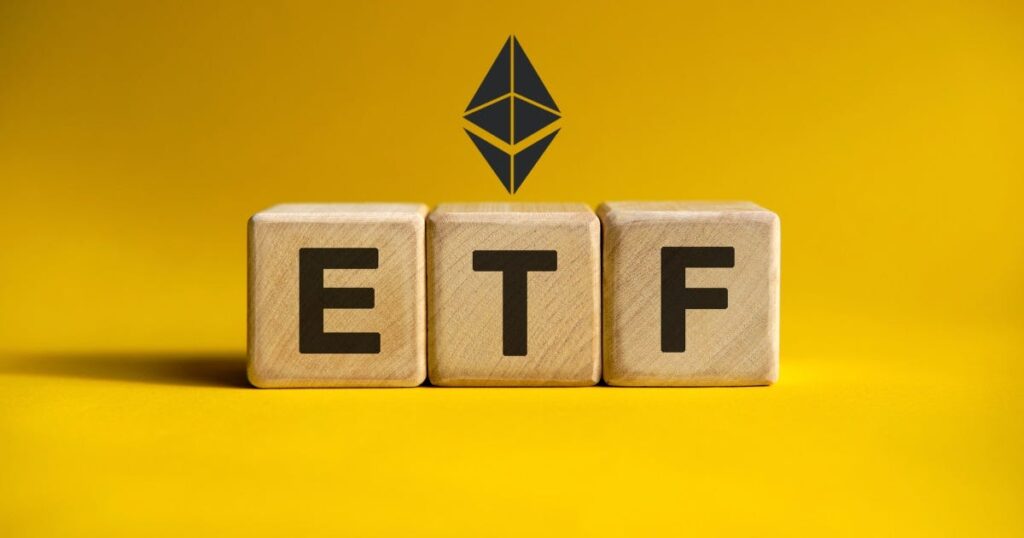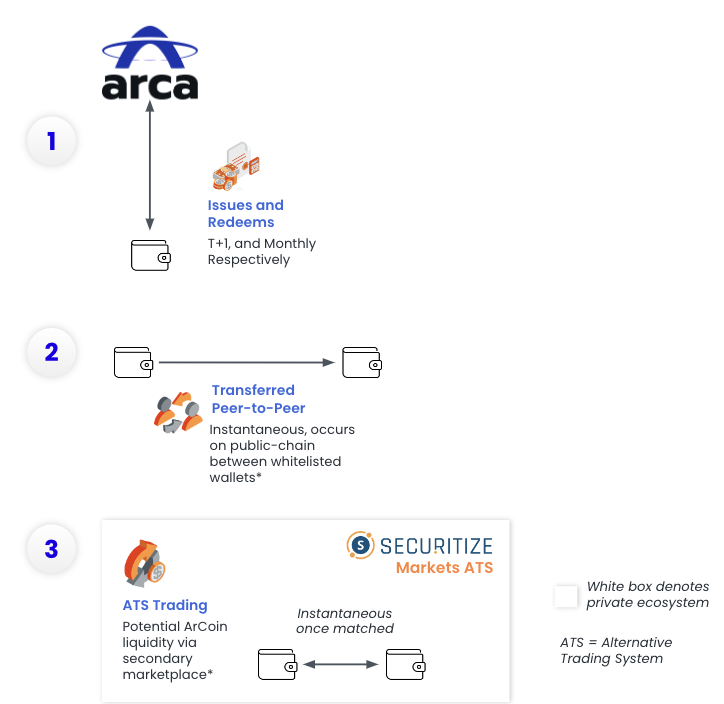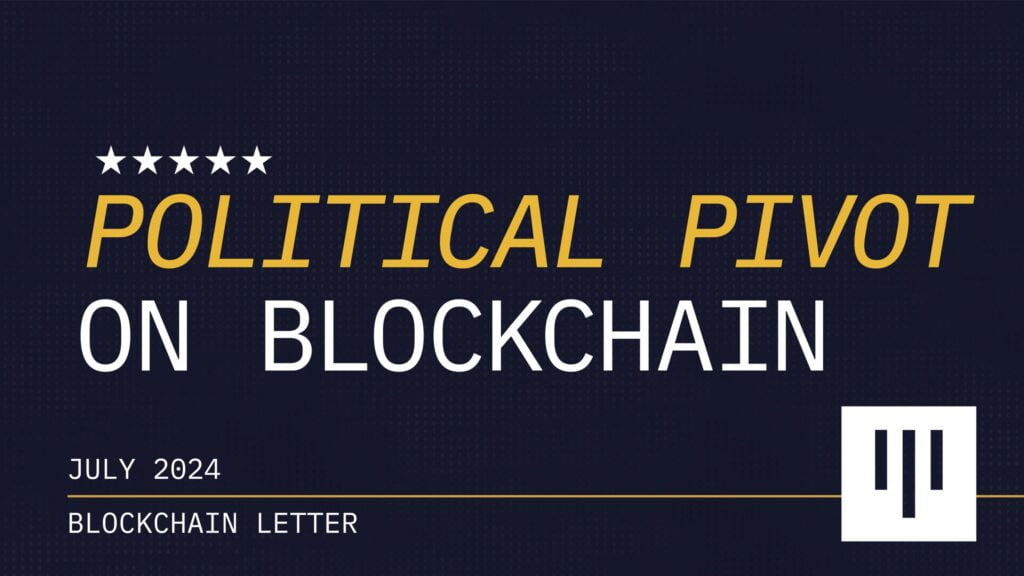Podcast Summary
In this episode of “The Daily Gwei Refuel,” the host discusses the upcoming Ethereum upgrades, “Dencun” and “Prague/Electra,” and the Ethereum Improvement Proposals (EIPs) associated with them. The host also explores the importance of decentralization in the Ethereum ecosystem, the Ethereum investment thesis, and the user experience in the crypto space. The episode also touches on the role of entities like Lido and Rocket Pool in the Ethereum staking ecosystem.
Key Takeaways
Ethereum’s Upcoming Upgrades
- Dencun and Prague/Electra: The host discusses the upcoming Ethereum upgrades, “Dencun,” which is currently undergoing testing, and “Prague/Electra,” which combines changes for the execution layer (Prague) and the consensus layer (Electra). The latter is not expected to go live until the end of 2024.
- Ethereum Improvement Proposals (EIPs): Several EIPs are under consideration for the “Prague/Electra” upgrade, including EIP 7251, which proposes increasing the maximum effective balance for validators from 32 ETH to 248 ETH. Other EIPs discussed include those related to SSZ serialization, reusing validator indices, and tidying up the codebase.
Decentralization in the Ethereum Ecosystem
- Importance of Decentralization: The host emphasizes the importance of a large and diverse number of node operators for achieving true decentralization in the Ethereum ecosystem. The host also discusses the balance between large and small node operators, advocating for a network optimized for the greatest number of independent node operators.
- Role of Entities like Lido and Rocket Pool: The host discusses the influence of entities like Lido and Rocket Pool on their node operators, highlighting concerns about centralization within these staking services. The host also expresses concerns about Lido’s governance process, which is seen as centralized due to the uneven distribution of its governance token.
Ethereum Investment Thesis
- Value Proposition of ETH: The host highlights a Twitter thread that outlines the Ethereum investment thesis, focusing on the value proposition of ETH, the impact of the fee burn, and the demand for Ethereum block space, particularly from layer 2 solutions (L2s). The thread is praised for reaching audiences beyond the usual crypto circles, indicating wider dissemination of the ETH narrative.
- Mainstream Financial Interest in Ethereum: Fidelity is mentioned as one of the institutions that have reported on the Ethereum scaling strategy and investment thesis, suggesting mainstream financial interest in Ethereum’s development.
User Experience in the Crypto Space
- Current State of Crypto UX: The host discusses the user experience (UX) of wallets in the crypto space, comparing it unfavorably to the slickness of web 2.0 apps and banking apps. Despite the less-than-ideal UX in crypto, the host points out that the crypto industry has continued to grow, with increased on-chain usage and growing layer 2 solutions, even in a bear market.
- Future of Crypto UX: Looking forward, the host is optimistic about the “Golden Age of UX” in crypto, where interactions will change significantly, especially for non-advanced users who will benefit from simpler wallets with biometric features and without the need to manage seed phrases.
Sentiment Analysis
- Bullish: The host expresses a bullish sentiment towards the future of Ethereum, citing upcoming upgrades and the growth of layer 2 solutions as potential drivers for further adoption and market growth. The host also shows optimism for the future of user experience in the crypto space, anticipating a “Golden Age of UX” where interactions will become significantly simpler for non-advanced users.
- Bearish: The host expresses concerns about the potential centralization within Ethereum staking services like Lido and Rocket Pool, highlighting the uneven distribution of Lido’s governance token and the influence it has over its node operators. The host also compares the current state of crypto UX unfavorably to that of Web 2.0 and traditional finance, highlighting the need for simplicity and ease of use for mainstream users.
- Neutral: The host maintains a neutral stance on the proposed EIPs for the “Prague/Electra” upgrade, expressing curiosity about the community’s reaction to the proposed changes, especially from the Lido community. The host also presents a balanced view on the role of entities like Lido and Rocket Pool in the Ethereum staking ecosystem, acknowledging the influence they have on their node operators while also highlighting the importance of a large and diverse number of node operators for achieving true decentralization.














